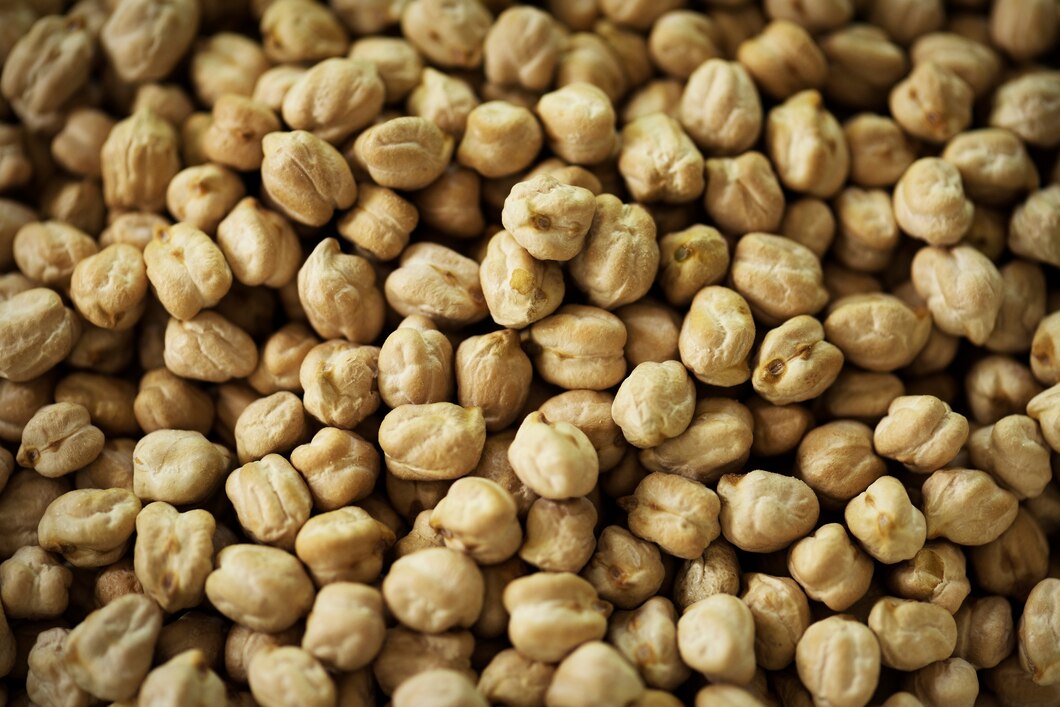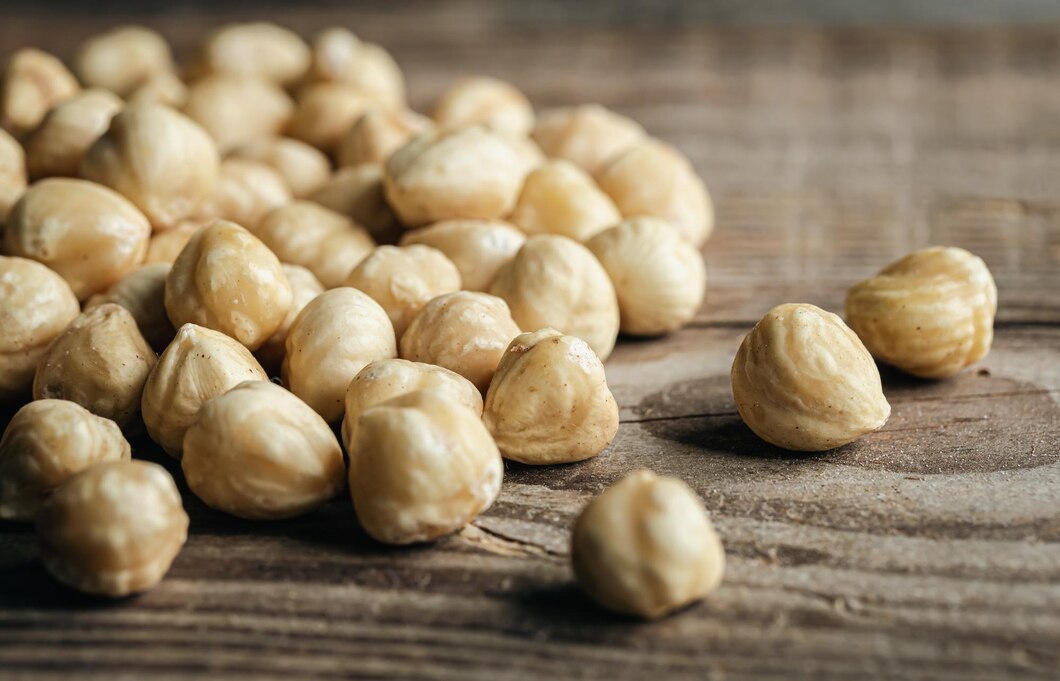Chickpeas are a staple protein source in vegetarian diets worldwide.
- Forms:
- Whole dried chickpeas (soaked & cooked)
- Split chickpeas (chana dal)
- Roasted chickpeas (bhuna chana)
- Chickpea flour (besan/gram flour)
- Cuisines:
- Indian: Chole (chickpea curry), chana masala, besan laddoo, pakoras, halwa
- Middle Eastern: Hummus, falafel, salads
- Mediterranean: Stews, soups
- Western: Added to salads, pasta, vegan patties, protein snacks
- Rich in Plant Protein
- Excellent for vegetarians and vegans
- Supports muscle repair & growth
- Digestive Health
- High fiber improves digestion and prevents constipation
- Prebiotic effect, supports healthy gut bacteria
- Heart Health
- Reduces LDL cholesterol
- Regulates blood pressure (due to potassium & magnesium)
- Blood Sugar Control
- Low glycemic index → slow release of sugar
- Good for diabetes management
- Weight Management
- High in fiber + protein = increases satiety, reduces overeating
- Bone & Brain Health
- Contains calcium, magnesium, iron, zinc → strong bones
- • Rich in folate & B vitamins → supports brain function
- Calories: ~164 kcal
- Carbohydrates: 27 g
- Protein: 9 g
- Fat: 2.6 g
- Fiber: 7.6 g
- Rich in iron, folate, manganese, magnesium, potassium, zinc, vitamin B6

